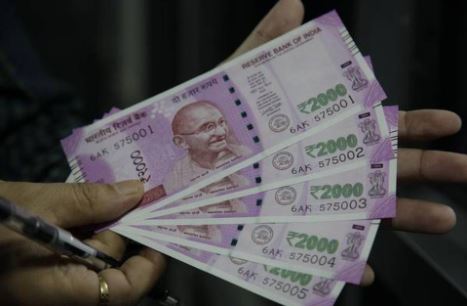Muthoot Finance NCD: If you are looking for a better option of fixed in less investment, you have a good option in the market right now. Finance company Muthoot Finance Limited has launched its 24th public issue of its non-convertible debenture (NCD) on 11 December. Up to 5 years can be invested in it. There is a plan to raise Rs 1000 crore from the market through this NCD. Earlier in October, the company had brought its NCD, which raised Rs 2000 crore. If you too are thinking of putting money in NCD then it is important to know some things first.
7.75% interest
NCDs have investment options ranging from 38 months to 60 months i.e. 5 years.
The investor also has the option of charging interest monthly and annually. In this NCD, interest is getting from 6.75 percent to 7.75 percent. Generally, most banks are paying 5.75% to 6.25% on 5-year FD. In this case, in this NCD, about 2 percent more interest is being received from the bank FD.
Debt Mutual funds! Year-end 2020: Debt funds have given returns of 10-16% this year, why should one invest in 2021
Limit of investment
The cost of an NCD is 1000 rupees. Investors will have to invest in at least 10 NCDs. That means investors have to invest at least 10 thousand rupees.
credit rating
CRISIL: AA / Positive
ICRA: AA / Stable
It is clear from the rating that this is a safer option than many other investment options.
NCDs of 2000 crores came in October
Prior to this, finance company Muthoot Finance Limited had in October brought the 23rd public issue of Non Convertible Debentures (NCD), raising Rs 2000 crore. Then there were 6 investment options in NCDs ranging from 38 months to 60 months, i.e. 5 years, in which 8 percent per annum was received. The company has so far raised Rs 18,000 crore from its 23 public NCDs.
What is NCD?
If you want regular income, then non-convertible debenture (NCD) is a better option, it is brought into consideration by regular income. NCDs are a type of bond issued by a company. These have fixed interest rates, which are higher than on convertible debentures. They can be secured or unsecured. Secured means the need for guarantee, while unsecured does not require a guarantee.


